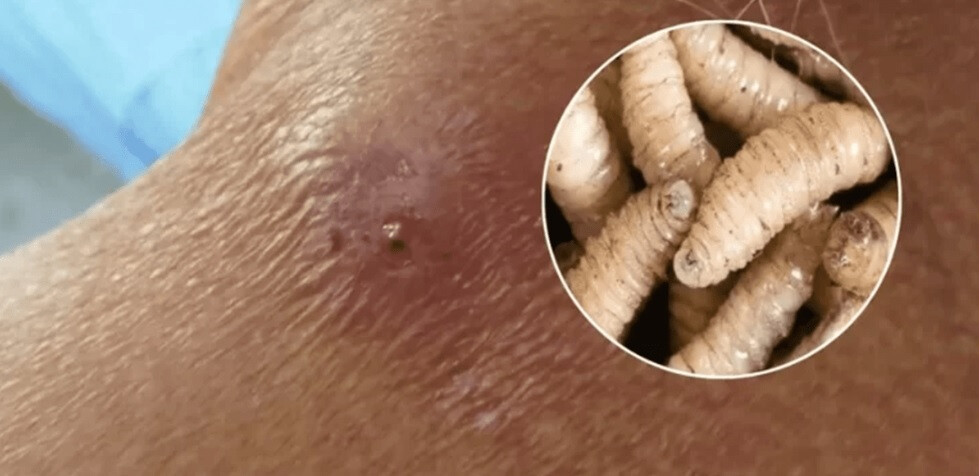
The 'myiasis' disease, a maggot disease that burrows into the human body, is spreading in Honduras. Lorenzo Pavon, Director of Health Surveillance at the Honduran Ministry of Health, announced that an 82-year-old woman living in the capital Tegucigalpa has been confirmed as the sixth infected person. The woman was diagnosed with the infection after an analysis of larvae found in her bronchial lesions.
Director Pavon emphasized, "We received a report of an additional infection case of an 82-year-old woman with bronchial lesions on Saturday (yesterday). The patient is not someone who works in livestock farming or on a farm."
Myiasis is a parasitic disease caused by the larvae of the 'Cochliomyia hominivorax' fly. The larvae penetrate deep into tissues, causing severe lesions, organ dysfunction, and even death in severe cases. Treatment usually involves surgical removal of the larvae and topical treatment to prevent infection.
In Honduras, the first myiasis patient, an 80-year-old man living in the Catacamas region of eastern Olancho State, was confirmed on February 6 and has since recovered. The other four patients are from communities in Olancho State and western Lempira State.
The Honduran government declared a health emergency in September last year after the first four cases of myiasis were found in livestock. As of 2024, 863 cases of animal infection have been reported in Honduras.
The National Agricultural Health Service (Senasa) under the Ministry of Agriculture and Livestock is conducting active surveillance on affected farms and coordinating prevention activities with livestock farmers to eradicate the disease. The Ministry of Agriculture and Livestock has established a prevention plan that includes setting up quarantine stations, epidemiological surveillance in high-risk areas, public health education campaigns, and strengthening animal inspections and movement controls.
[Copyright (c) Global Economic Times. All Rights Reserved.]






























